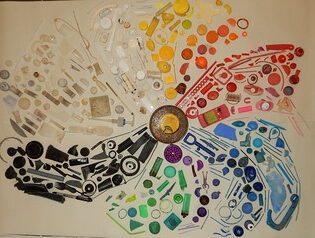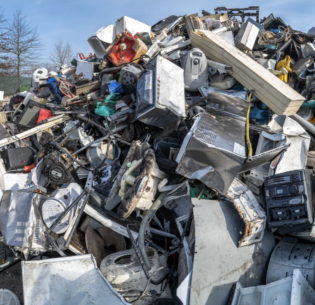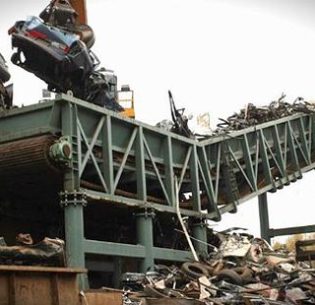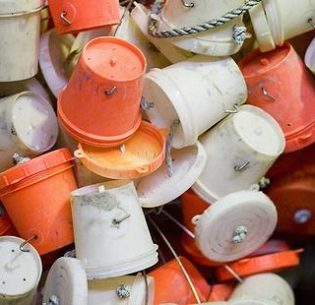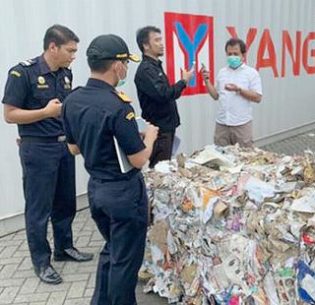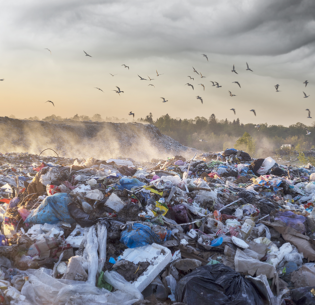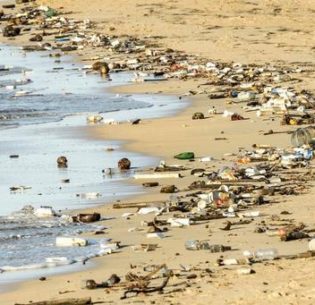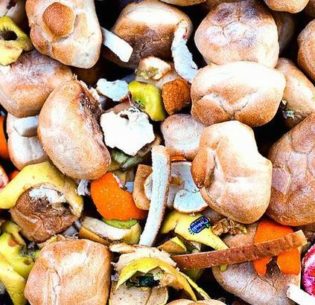NEW YORK, New York, September 19, 2023 (Maximpact.com Sustainability News) – September is a month clothed in glamour in Europe and New York, as the runways fill with the latest ideas from the fashion world’s most talented designers. Fashion weeks open and close on a year-round calendar these days with major shows not only in New York, London, Milan and Paris but also in Dubai, Sydney, Lagos, Accra, Los Angeles, Berlin, Madrid, Rome, São Paulo, Shanghai, Mumbai, Seoul, and Tokyo, among and many other centers.
+Read More

